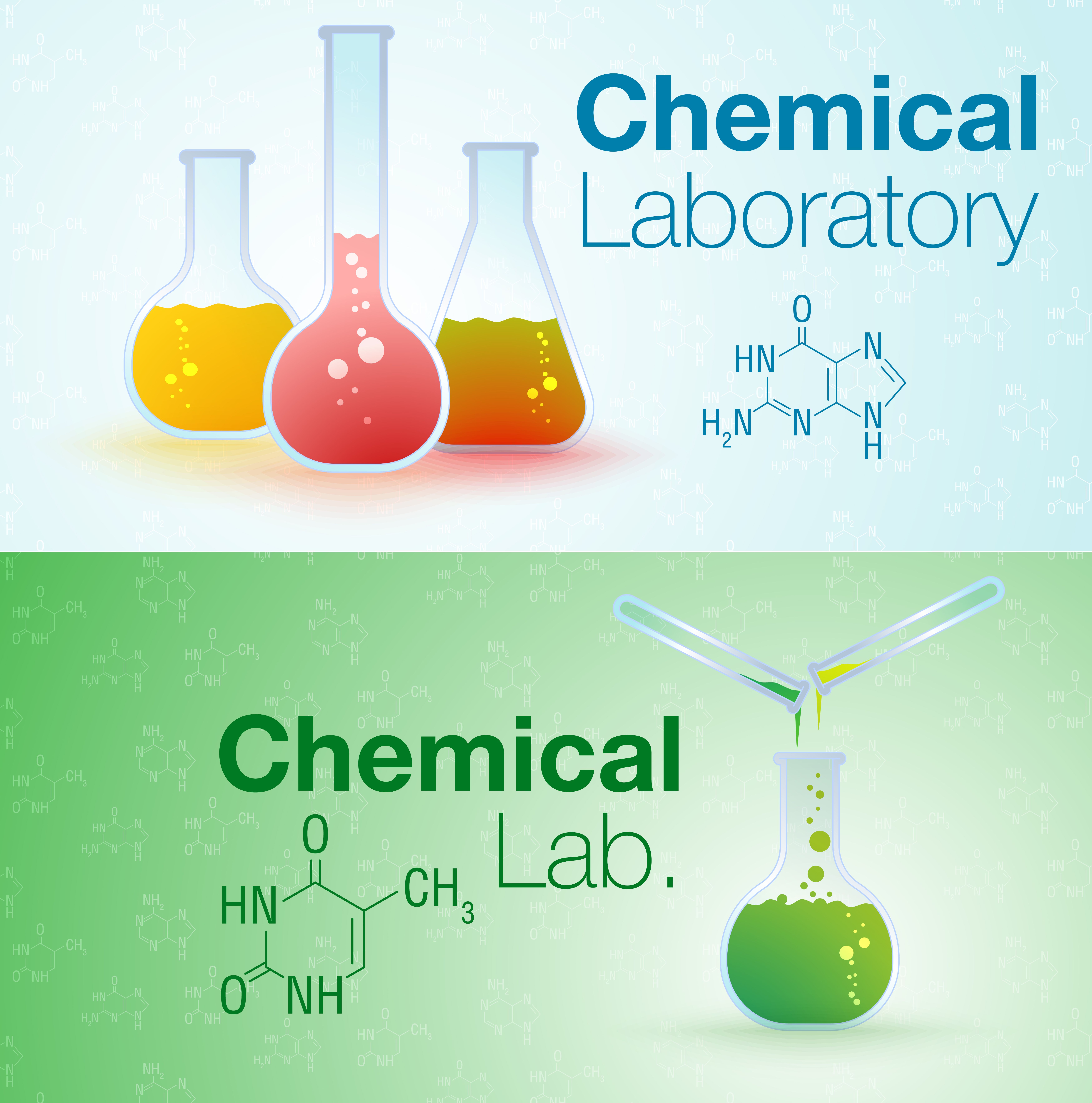| |
| |
| Genetic Testing |
| |
| Your DNA makes up your genetic code. The four bases (adenine, thymine, guanine, cytosine) create a highly specific sequence that is read and translated into important proteins for our body's function. The DNA sequence is subject to errors that if not caught could cause disease. Some of these errors are known as SNPs (single nucleotide polymorphisms) which are single changes to the DNA code. Some SNPs do not change the overall genetic message and your body is able to function as if it never existed. But there are certain SNPs that will modify the code and alter the gene. |
| |
| The genetic testing we offer and recommend is looking for those specific SNPs that alter the genes enough to affect certain biochemical processes, such as, methionine metabolism, detoxification, hormone imbalances, and Vitamin D function. |
| |
| The Benefits of DNA Methylation Testing are 1.) Clarification of diagnoses suggested by other testing. and 2.) Indication for supplements and diet modifications. |
| |
| |
 |
| |
| We interpret 23 and me genetics tests |
|
| |
| Food Allergy Testing |
| |
| The food allergy test we recommend uses a state-of-the-art enzyme-linked immunosorbent assay technique (ELISA) to measure serum IgG4 and IGE antibodies for food allergy testing. Serum is added to a 96-well plate containing different food antigens and then evaluated for classic antigen/antibody interactions. Accurate testing requires the patient to eat a wide range of foods within 3 weeks of assessment for IgG exposure to be present. The test provides a report of whether the levels of antibody to the various foods suggest that each one is “safe” to eat, best to eat in moderation, or to avoid entirely. |
| |
| Why I Should Get Tested for Food Allergies? |
| |
|
| |
| Do you have any of these following symptoms of food allergies? |
| |
- Asthma
- Bedwetting
- Recurrent Bladder Infections
- Bronchitis
- Bursitis
- Canker Sores
- Diarrhea
- Chronic Back Pain
- Edema
- Fainting
- Fatigue
- Gastritis
- Headache
- Hives
- Hyperactivity
- Irritable bowel syndrome (constipation and/or diarrhea, bloating, abdominal pain, wind)
- Peptic ulcers and gastritis
- Crohn’s disease
|
- Ulcerative colitis
- Itching
- Joint Pain
- Skin Rash
- Proteinuria
- Irritable Colon
- Nephrosis
- Seizures
- Malabsorption
- Recurrent Infection
- Ulcerative Colitis
- Eczema
- Inflammatory arthritis
- Migraine and other headaches
- Sleep disturbances
- Learning disability
- Asthma, rhinitis, sinusitis
- Recurrent infection (e.g. tonsillitis)
- Infantile colic and infantile colitis
- Mouth ulcers
|
- Eczema and other skin rashes
- Urticaria (hives)
- Angioedema
- Premenstrual symptoms
- Fluid retention
- Fatigue and excessive sleepiness
- Depression/anxiety
- Schizophrenia and other mental conditions
- Epilepsy
- Hypoglycemia
- Aggravation of diabetes
- Some kidney diseases
- Gall bladder symptoms
- Facial flushing
- Some types of palpitations
- Weight problems
- Celiac diseases
|
|
| |
 |
| |
| Consideration of food allergy testing is a critical component of any comprehensive approach to ill health or disease prevention. One of the benefits is that allergy testing provides a quick and easy way for practitioners to discover potential causes of allergic reactions and allergy related disease. With allergenic food elimination, patients report improvement in symptoms, elimination of long-standing health issues, and, in general, a more satisfying quality of life. |
| |
| |
| Hair Analysis |
| |
| A Hair Analysis provides information regarding recent and ongoing exposure to potentially toxic metals, especially methylmercury and arsenic, and time-averaged status of specific nutrient elements. This noninvasive screening test requires only .25 grams of hair. |
| |
| |
| Comprehensive Stool Analysis |
| |
| The Comprehensive Digestive Stool Analysis is a stool test which offers a comprehensive look at the overall health of the gastrointestinal (GI) tract. It is the original non-invasive evaluation of gastrointestinal function that includes analyses of digestion, absorption, bacterial balance, and yeast. Additionally, this gastrointestinal stool analysis tests for parasites if we decide that it is necessary. This gastrointestinal stool analysis profile is recommended for patients with diffuse and non-specific GI-related symptoms such as IBS, indigestion, dysbiosis, constipation, and diarrhea. |
| |
| |
| OAT (Organic Acid Test) |
| |
| The OAT or Organic Acid Test is a nutritional test providing insights into organic acids and a view into the body's cellular metabolic processes. Additionally, children’s reference ranges are designed to provide more accurate pediatric nutritional evaluations. Identifying metabolic blocks that can be treated nutritionally allows individual tailoring of interventions that maximize patient responses and lead to improved patient outcomes. |
| |
| The Organic Acid Test is ideal for patients who may suffer from: |
| |
- Weight issues
- Sleep abnormalities
- Depression
- Chemical Sensitivities
|
| |
| |
| MAP (Metabolic Analysis Profile) |
| |
| The Metabolic Analysis Profile is a nutritional test that assesses urine metabolites in order to evaluate four critical areas of metabolism: gastrointestinal function, cellular and mitochondrial energy production, neurotransmitter processing, and amino acid/organic acid balance as influenced by vitamin/mineral cofactors. Results can be used to address chronic systemic complaints ranging from chronic fatigue and mood disorders to headache, muscular/joint pain, and digestive problems. |
| |
| |
| Urine Toxic Elements |
| |
| Elements are the basic building blocks of all chemical compounds, and human exposure to them occurs both from natural and anthropogenic sources. Many elements are considered nutrients and are essential for the proper functioning of the body. These are generally divided between macrominerals such as calcium, magnesium, potassium, sodium and zinc, and trace minerals including selenium, iodine, boron and molybdenum. |
| |
| Conversely, there are a number of elements that are toxic to the human body, interfere with its functioning and undermine health—such as mercury, lead, cadmium, aluminum, and arsenic. These toxic metals have no known physiological functions. They can be toxic to organ systems and may disrupt the balance of essential nutrients. Toxic metals and essential element status can be assessed in urine, blood, feces and hair. |
| |
| |
| Hormone Panels |
| |
| We offer some of the most comprehensive salivary hormone metabolism tests for women and men designed to assist in the prevention and treatment of hormone-related symptoms and conditions. This provides clues about menstrual irregularities, infertility, menopause, fatigue, breast cancer, and osteoporosis, as well as a focused overview of hormonal balance in men. |
| |
| |
| Neurotransmitter Tests |
| |
| The neurotransmitter test assesses serotonin and dopamine activity. It also includes the addition of the amino acid taurine, which is useful in confirming the extent of the stress response. Taurine re-assessment also provides confirmation of patient therapy utilization. Our neurotransmitter tests measure neurotransmitters and other biomarkers associated with inflammation to analyze whether or not a patient is experiencing immune stress and/or oxidative stress. |
| |
| |
| Optimal Nutritional Evaluation |
| |
| The Optimal Nutritional Evaluation nutritional test helps to give an understanding of individual diet and supplementation needs, and offers a personalized functional nutrition assessment covering Antioxidants, B Vitamins, Digestive Support, and Minerals. |
| |
| Nutritional deficiencies can be a factor of many complex chronic conditions, and the Optimal Nutritional Evaluation utilizes an easy first-morning urine collection (called a first morning void) to provide nutritional recommendations based on a patient’s individual nutritional test results. We utilize this nutritional testing to determine the nutritional deficiencies that are at the root of chronic conditions. |
| |
| Symptoms and chronic conditions related to nutritional deficiencies: |
| |
- Mood Disorders
- Depressions
- Anxiety
- Sleep Disturbances
- Fibromyalgia
- Fatigue
|
| |
| |



